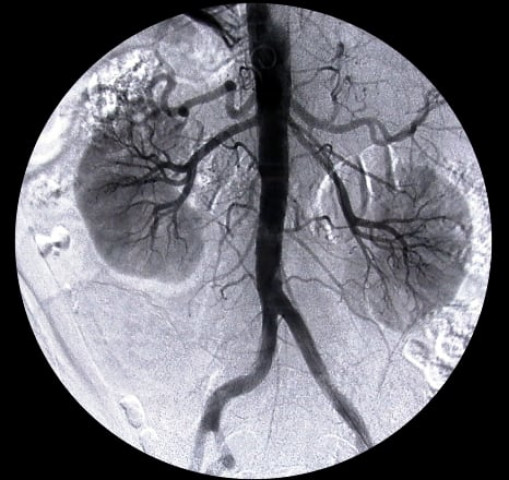Selling organs
Pakistan may have laws regulating organ trade, the government has not been entirely successful in enforcing them.

The problem, however, is not the law but its lack of implementation. Pakistan has become a popular destination for organ tourists — foreigners also come to the country for organ transplants. They might be charged as much as a couple of million rupees for the transplant, which is far cheaper than what they would have to pay in other countries, while those who donate their organs get a relative pittance. Part of the problem is that Pakistan does not have a culture of deceased organ donors, inflating the demand for live donors. President Asif Zardari tried to change that through a public relations campaign in which he vowed to donate his own organs after his death. Along with continuing to encourage people to sign up to donate their organs after their death, the government needs to enforce the law. Any hospitals found to be involved in the illegal organ business should have their licenses revoked and stiffer penalties should be given to middlemen and recipients than those mired in poverty who see no solution to their woes other than making some quick cash by selling their organs.
Published in The Express Tribune, January 3rd, 2012.














COMMENTS
Comments are moderated and generally will be posted if they are on-topic and not abusive.
For more information, please see our Comments FAQ